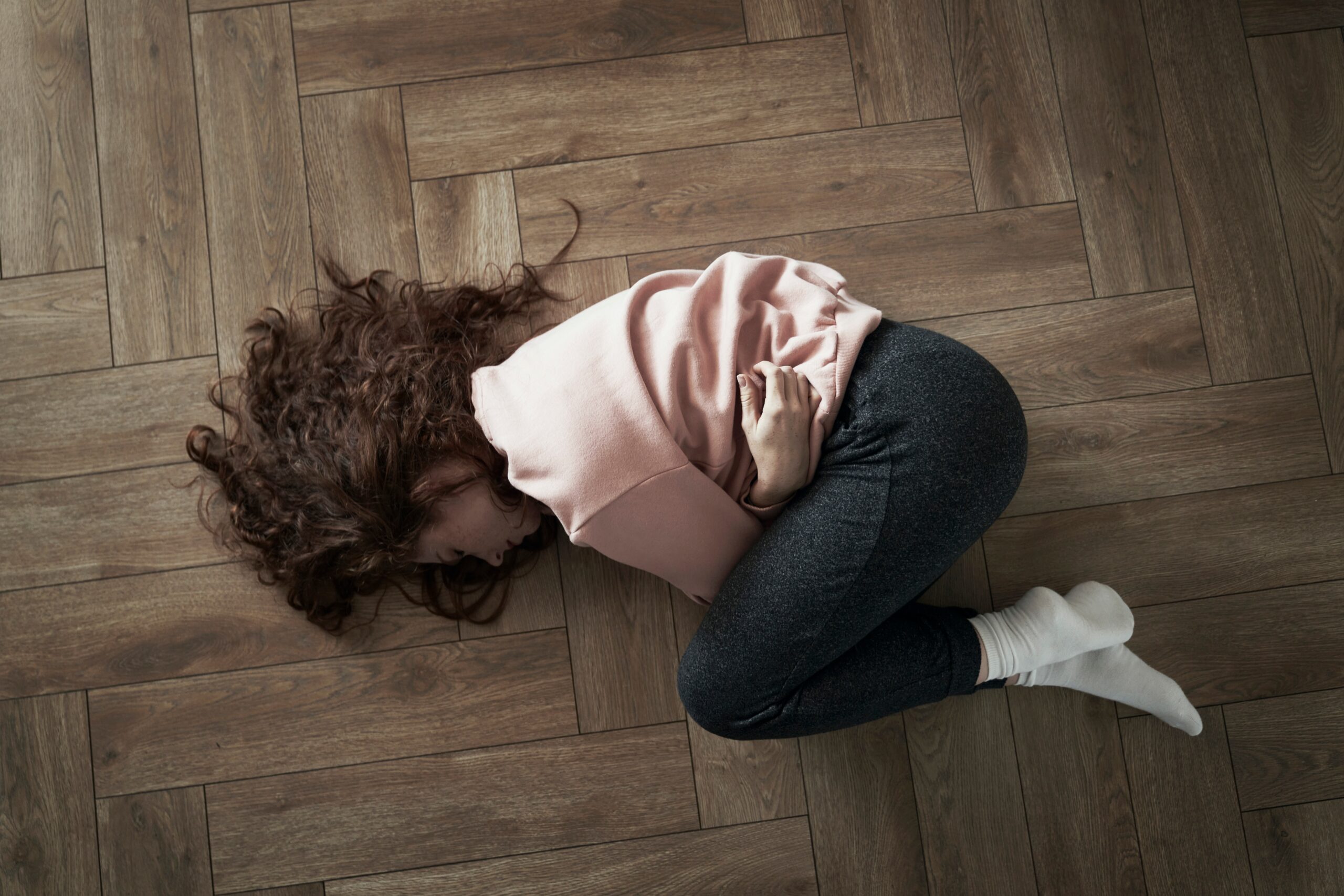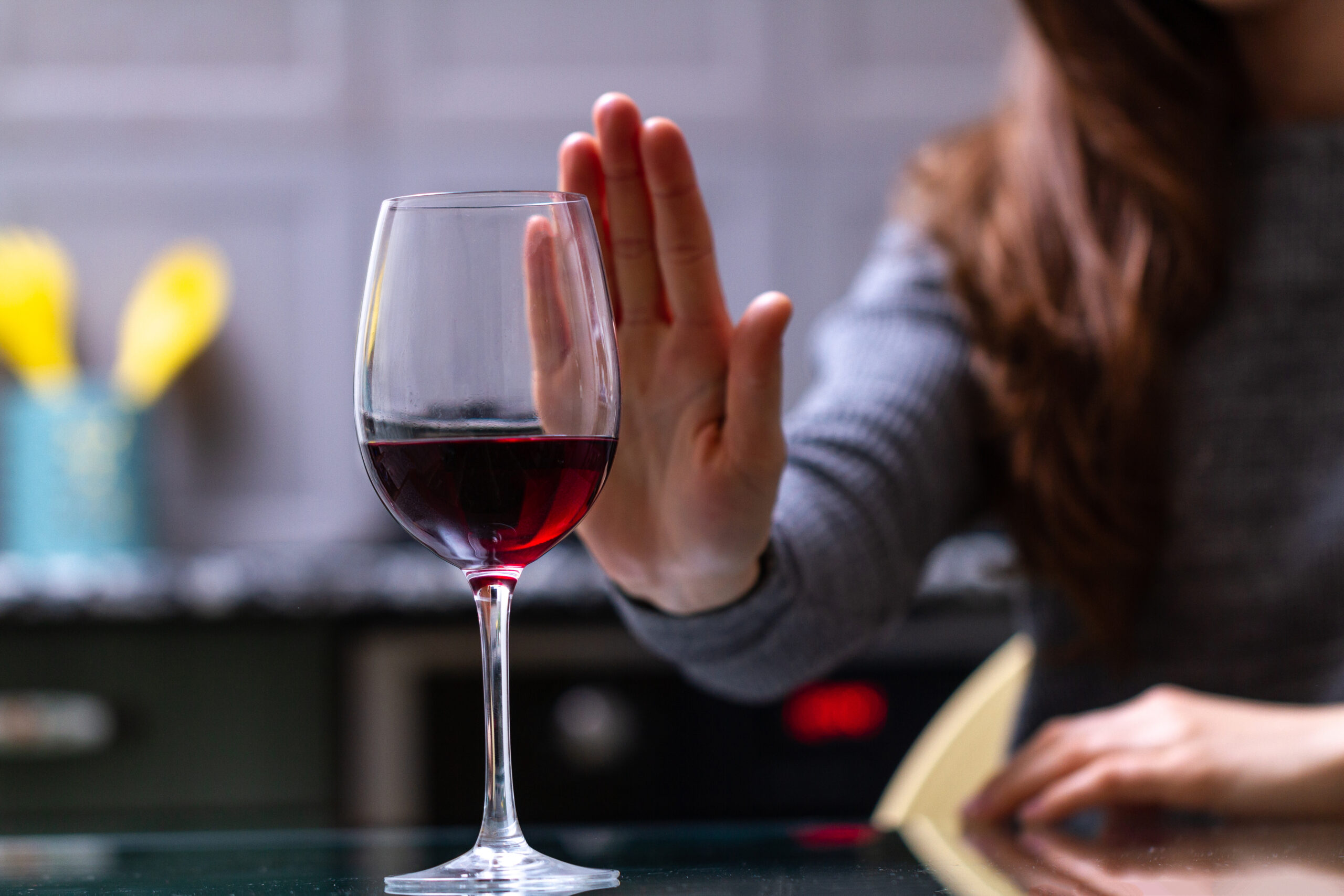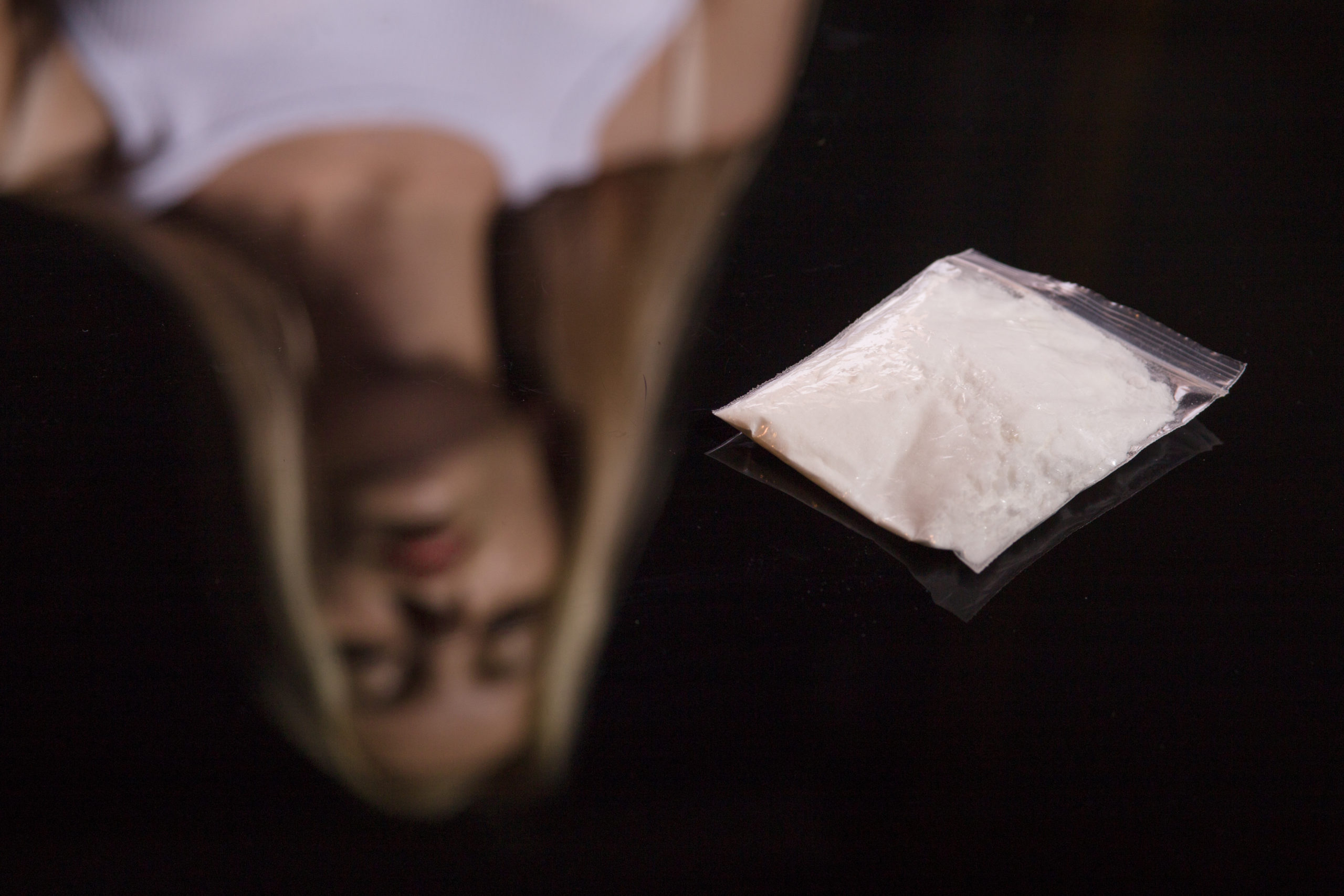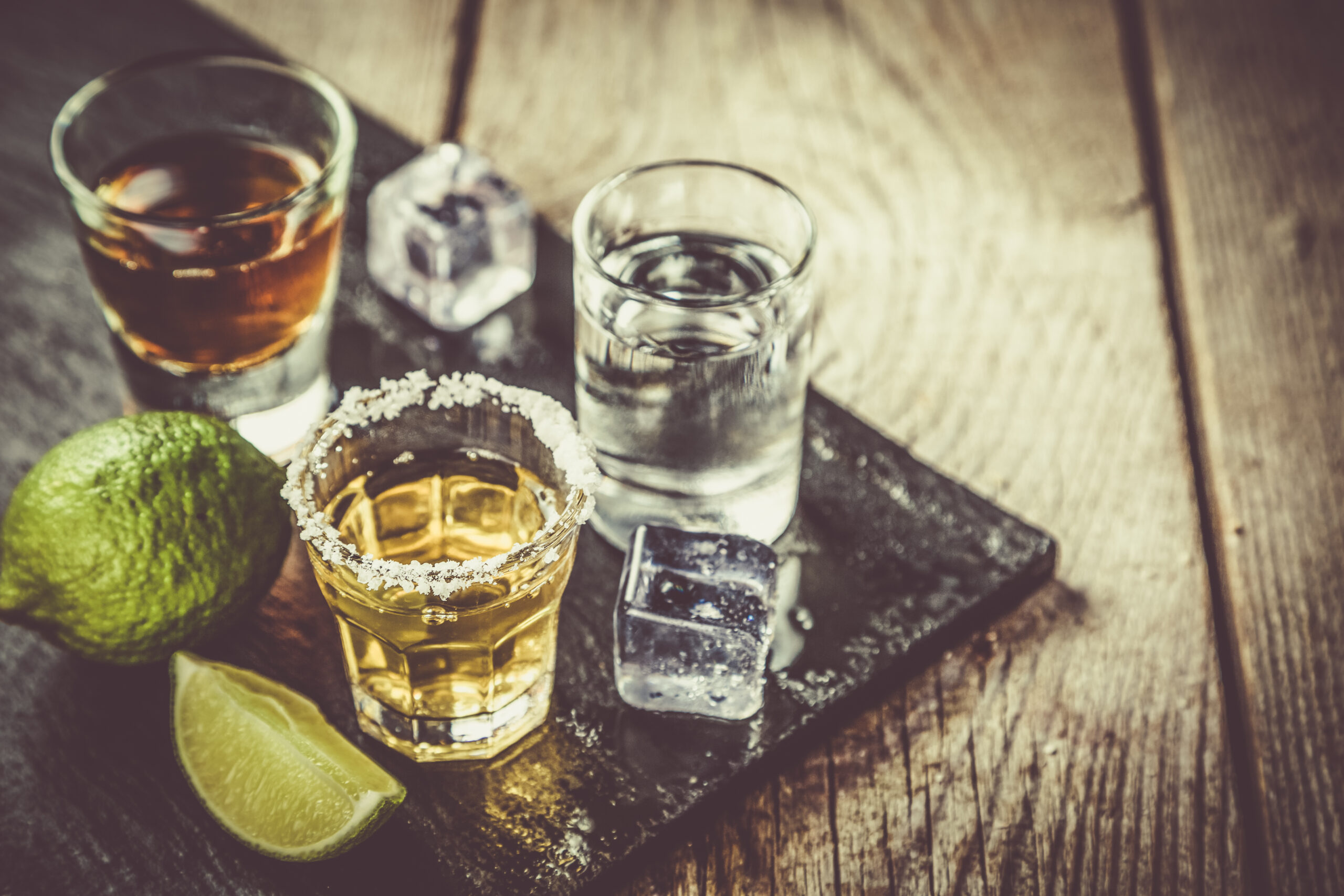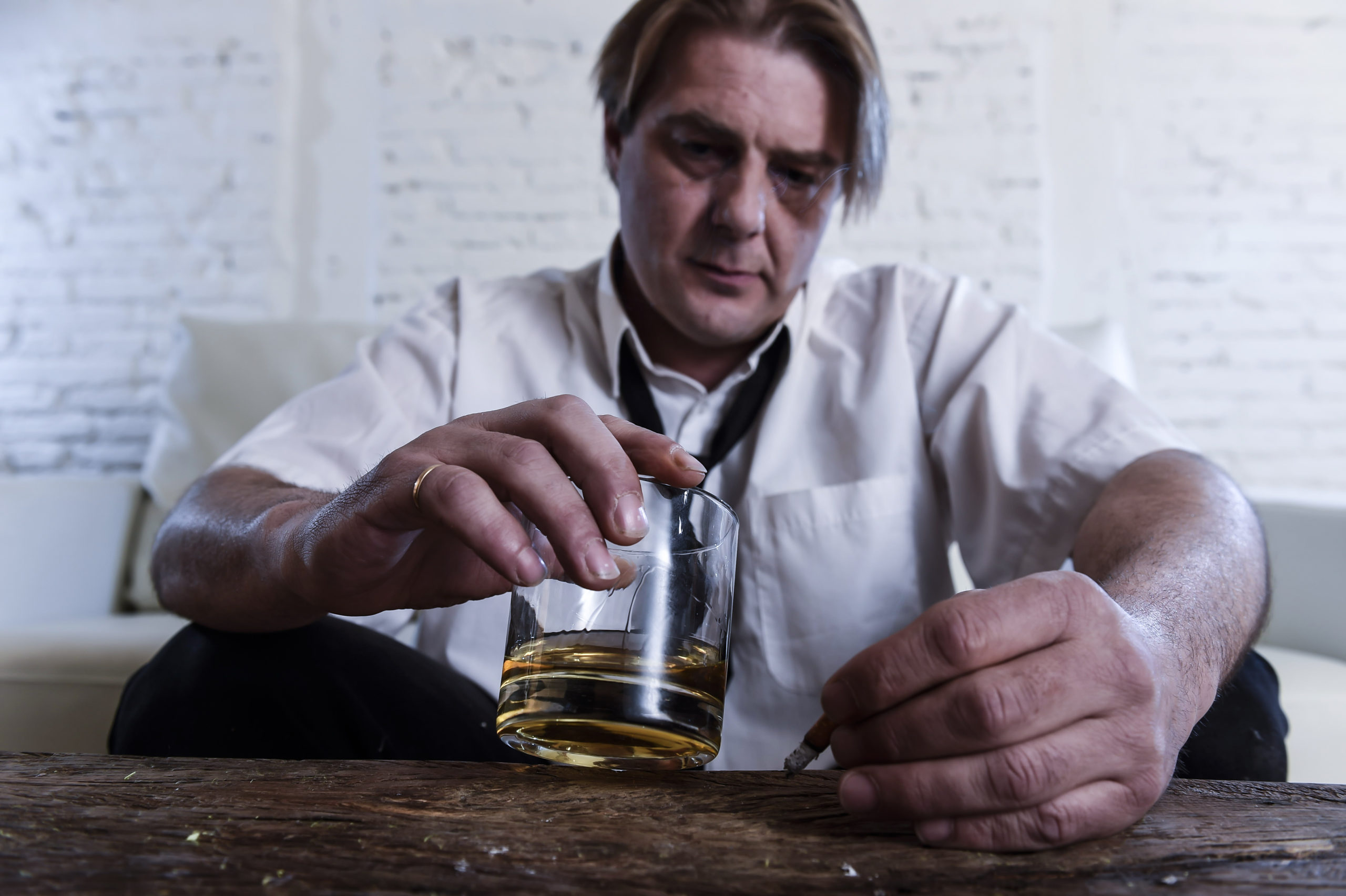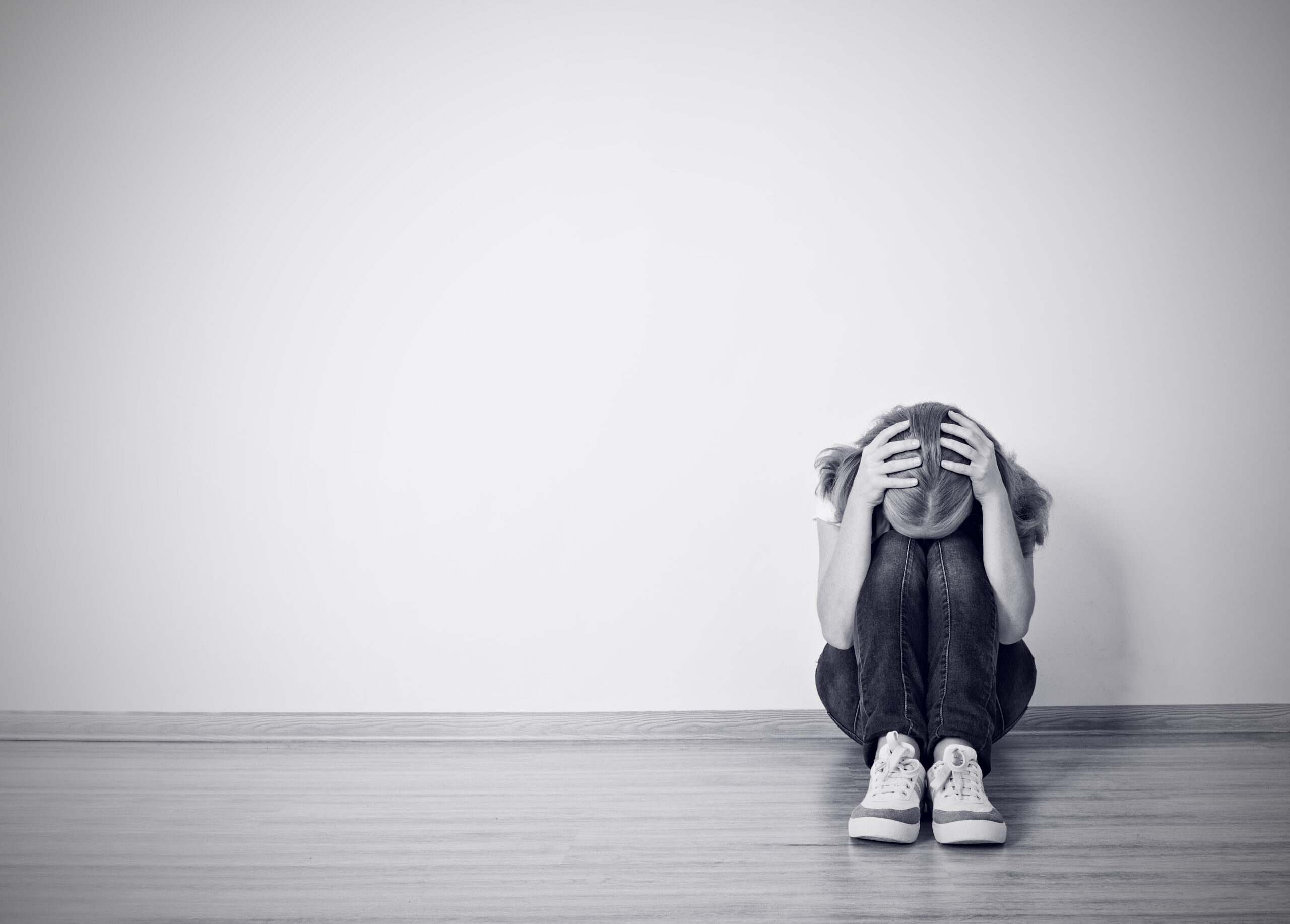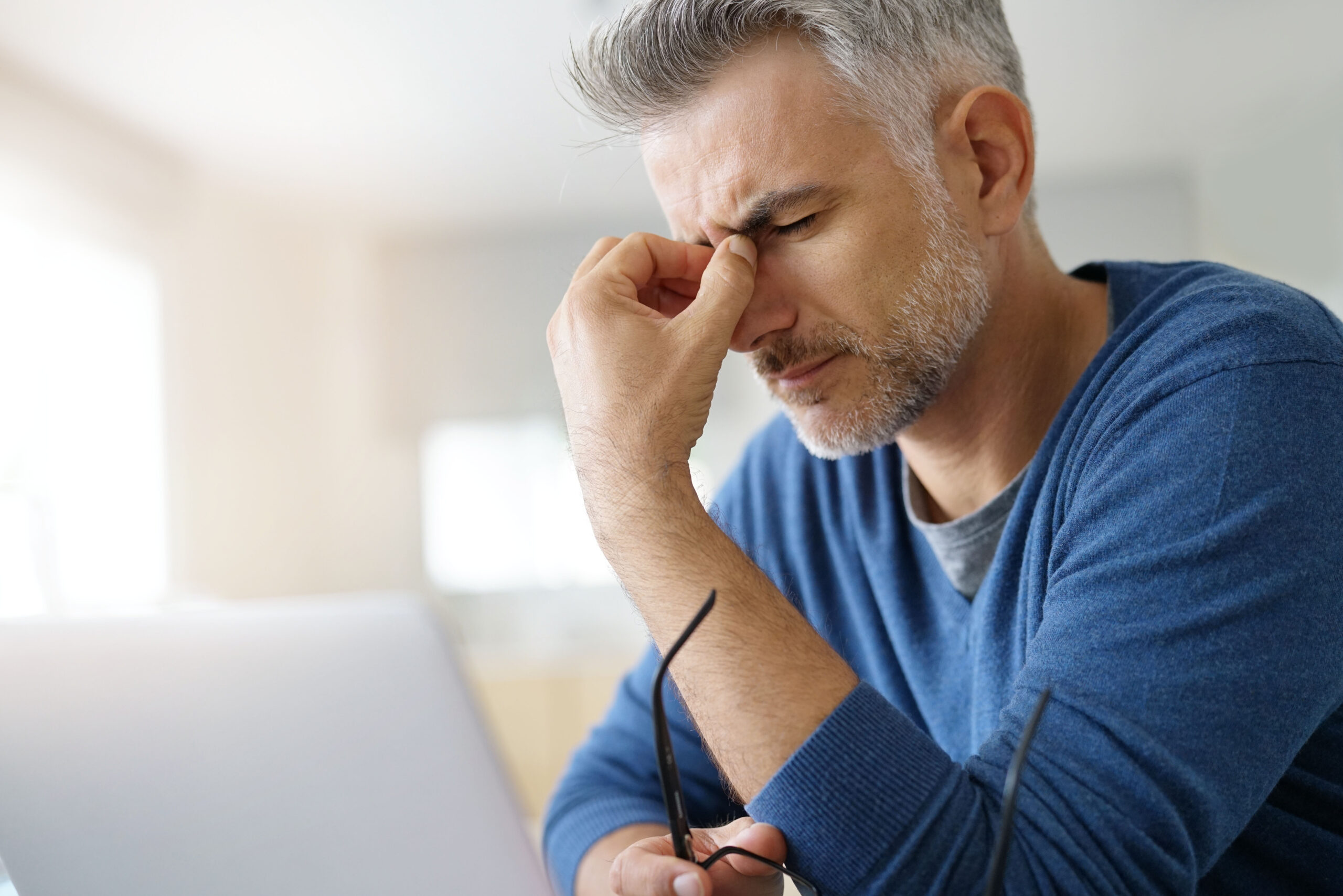If you are struggling with substance abuse, you might wonder at which point you have an actual addiction to cocaine and need professional help. With our cocaine rehab center, you can step away from your current environment and participate in treatment that really works.
Liberty House Recovery offers the best luxury drug and alcohol rehab center in Michigan. Contact us today to learn more about how
Cocaine Addiction Symptoms
How do you know if you are addicted to cocaine? You might exhibit symptoms such as:
- Mood swings
- Periods of depression after use
- Racing or irregular heartbeat
- Restlessness or violent behavior
- Weight loss
- Problems sleeping
- Rushed and excited speech
- Feelings of euphoria and invincibility
- Irritability and paranoia
- Anxiety
- Paranoia
- Unusual aggression or anger
- Withdrawing from friends, family, and activities
Physical Symptoms
Firstly, you might experience physical symptoms of cocaine addiction, such as constant runny noses or nose bleeds, experiencing extreme weight loss, discoloration of the eyes and skin, sleeping problems, and a lack of hygiene.
Behavioral Signs
It might be time to consider cocaine rehab if you are experiencing behavioral changes because of your cocaine addiction. This can include irritability, mood swings, and pulling back from friends and family. Lying and other secretive behavior might become the norm.
Financial Problems
Financial issues can arise because of cocaine addiction, such as spending money set aside for the mortgage or bills on more cocaine. Not having enough money can cause other problems in your personal and professional life, all of which are exacerbated by the fact that severe addiction can cause you to spend any money you acquire on more cocaine, even if you got more money to cover late bills. You might even resort to stealing.
Legal Issues
Legal problems can happen too. If you are addicted to cocaine, you are more likely to get a charge for driving under the influence or possession, both of which can cost you fines and freedom.
Without treatment, you increase your risk of:
- Heart attack and other heart conditions
- Stroke
- Seizures
- Infections or abscesses
- Damage to the lungs
- Holes in the nasal passage
- Ulcers
When to Consider Cocaine Rehab
If you are wondering whether you are addicted to cocaine and you are showing any of the signs and symptoms above, it is important to consider going to a professional cocaine rehab center.
Cocaine addiction can have serious withdrawal symptoms and some of the longest-lasting cravings. Addiction can happen in just a few weeks, but the cravings can last for up to six months. Enrolling in a residential treatment program will give you access to ongoing services and amenities that keep you comfortable during your initial detox and provide access to medications and coping skills that can help you manage your ongoing cravings.
Symptoms of cocaine withdrawal can include:
- Increased appetite
- Anxiety
- Nightmares
- Restlessness
- Agitation
- Depression
- Fatigue
- Suicide
Professional treatment will help you detox, receive any necessary medication, tackle any co-occurring mental health disorders, and participate in several forms of therapy that can help you understand the causes of your addiction and apply coping mechanisms moving forward.
Why Choose Liberty House
With Liberty House, you can receive customized care that simultaneously targets your mind and body.
Detox
We offer medication-assisted detox services for cocaine addiction and are a licensed facility. If you need medication during your detox or during the rest of your treatment, we can work with you to offer medication management services that ensure your prescriptions are actually helping.
Holistic Care
In addition to detox services, we specialize in a wide range of holistic care. At our cocaine rehab facility, you can participate in several individual and group therapy sessions like music therapy, mindfulness, yoga, or art therapy. We teach coping mechanisms to help you deal with stress, overcome underlying trauma, and avoid a relapse long after leaving our facility.
Aftercare
A big part of that preparation comes in the form of our alumni program. Aftercare is an essential element of long-term recovery. When you come to us for help, we don’t just move you through a 30-day program and wish you the best of luck with your future endeavors. Instead, we prepare you for the upcoming steps with our aftercare planning. We also offer ongoing participation in our alumni program, which has monthly opportunities for group activities and a chance to continue sharing the things that you have learned, what you have struggled with, and what techniques have worked for you.
Let Liberty House help you find your way back to sobriety. Call us today.



